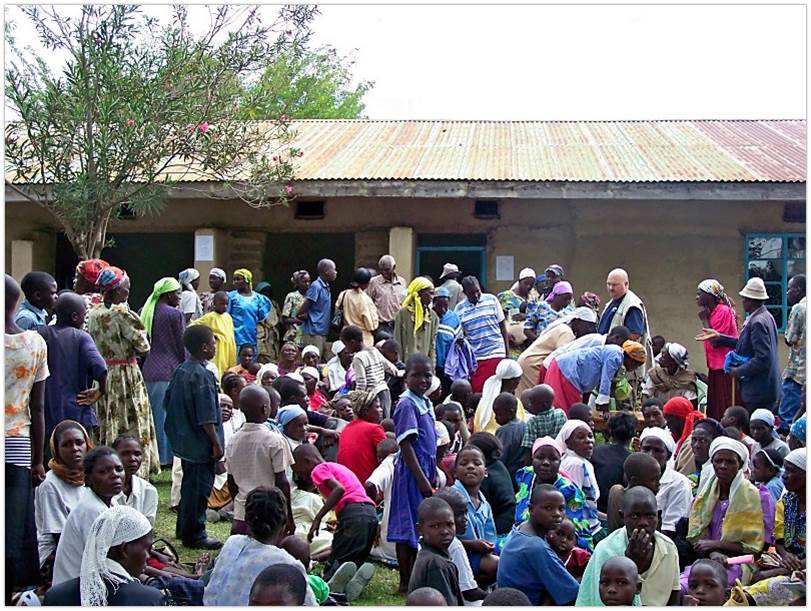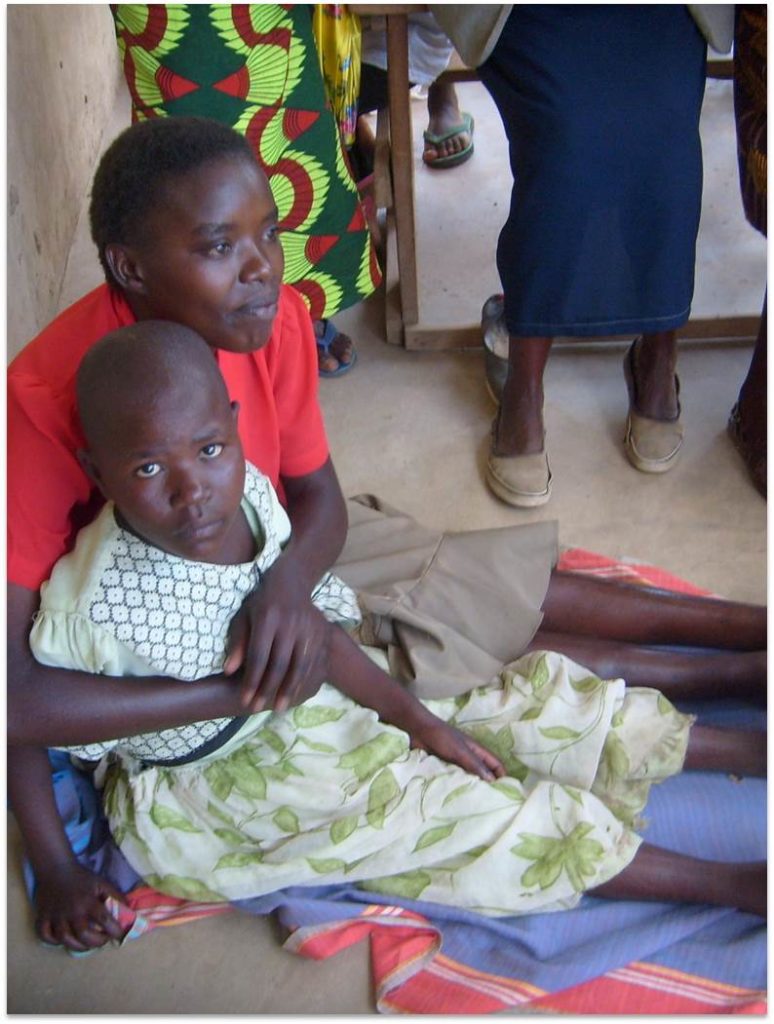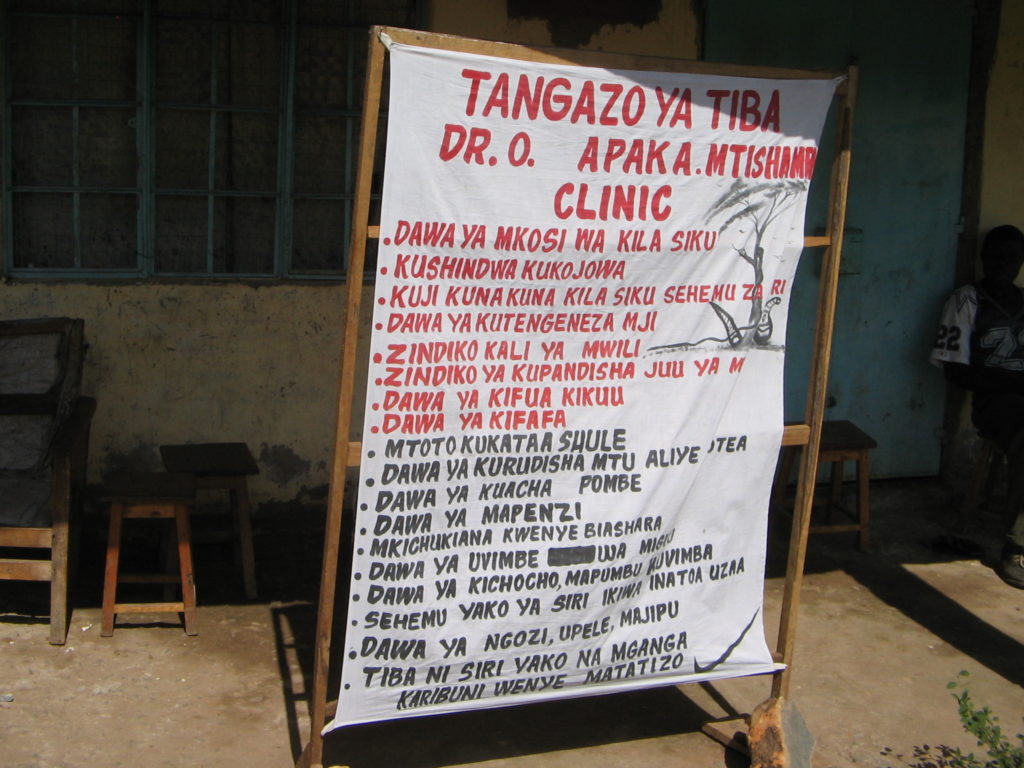
Tony Kail is an ethnographer and writer. He holds a degree in cultural anthropology and has researched magico-religious cultures for more than twenty-five years. His work has taken him from Voodoo ceremonies in New Orleans to Haitian Botanicas in Harlem and Spiritual Churches in East Africa. He has lectured at more than one hundred universities, hospitals and public safety agencies. Kail has been featured on CNN Online, the History Channel and numerous radio, television and print outlets. He is author of A Secret History of Memphis Hoodoo: Rootworkers, Conjurers and Spirituals by History Press. He will be speaking on the subject of Hoodoo and the Blues and Hate Groups and the Pagan Community at Mystic South.
As if members of African traditional religions didn’t have enough to contend with in combating myths and stereotypes about traditional practices, a new threat to not only the reputation of these cultures but also to the health and safety of many women and children is developing internationally. A number of victim advocacy organizations are discovering the use of cultural elements from African traditions being appropriated by human traffickers in an effort to manipulate victims from African communities. Sex traffickers in at least five countries including Spain, Greece, Italy, the United Kingdom and the U.S. have been identified bastardizing elements of African magico-religious cultures to force victims into labor, domestic work and sexual exploitation. Many of their victims originate from African communities where spiritual traditions are revered and the wrath of spiritual deities often feared. In cases spanning over the last 14 years many traditional practices and beliefs have been used as a means of social control by traffickers.
In 2017 authorities discovered a boat in the Mediterranean containing numerous children and women from Nigeria. Many of the victims ranging from 14 to 18 years old had been sexually assaulted and in some cases murdered by traffickers en route to Libya and ultimately Spain. The traffickers forced their victims to take part in oaths and ceremonies where hair and fingernail clippings were taken as a form of ‘magical collateral’ by the group in the event that victims tried to escape or identify their captors. Earlier this year police in Spain and Nigeria discovered an organized network of traffickers taking victims from Benin City, Nigeria where many were forced to take oaths at local religious shrines in order to bind their allegiance to the group.
In many of these cases women are recruited from communities where there are very few resources for financial and medical needs. Sex traffickers have a history of approaching vulnerable communities to obtain victims for slave labor and work in the sex industry. Factors such as poverty, disease and lack of medical assistance have made some communities vulnerable to predators. Recruiters approach these communities promising jobs and wealth to families. Once the victim is taken in a supposed ‘debt’ is created when the recruiter promises to obtain a passport, visa and accommodations for the victim. Many victims spend their lives trying to pay this debt. Once victims are taken to their destination country promises of work in the fashion, hair and modeling industry are made as traffickers force victims into prostitution and labor to pay their debts.

A photo of Kail working with a medical team to assist a community that had little to no medical treatment available.
Traffickers in some cases have employed ritual specialists to conduct oaths and ceremonies at local shrines. Ceremonies are often conducted before the victim is transported to their destination to create a spiritual bond between the victim and trafficker. Many of the rituals used to bind victims to their traffickers are appropriated from African traditional religious cultures. Several features found in these cultures include the use of sacred spaces, ritual specialists, artifacts and rituals which are exploited by traffickers. Many of these cases have involved the exploitation of elements from traditional cultures such as West African Vodou, Yoruba religious cultures and Nigerian based sorcery commonly referred to as ‘Juju’.
Religious based oaths are valuable to human traffickers. John Egwu, head of the Anti-Human Trafficking Unit of the Nigeria Immigration Service observed that “because of the oaths that traffickers administer on their victims, the entire trafficking business is shrouded in so much secrecy. For fear that they might die if they violate the terms of their oaths, victims hardly cooperate with investigators and hardly show up in court to testify against traffickers”. In addition to the use of oaths, traffickers use the threat of sympathetic magic against their victims. Many trafficking rituals are accompanied by the collection of various materials from the bodies and belongings of their victims in order to use this practice.

A woman and child from one of Kail’s medical work in East Africa.
In addition to robbing cultural elements such as oaths and shrines to entrap victims psychologically, the sacred deities of some African traditional religions are also being appropriated by traffickers. Traffickers have found that appropriations of specific deities or spirits that represent divine justice are effective in instilling fear into victims used in trafficking. Yoruba deities such as Eshu, Shango and Ayelala are being invoked by traffickers to instill fear and obedience in their victims. The reverence toward Ayelala is so great in Yoruba society that she is honored in many Nigerian court proceedings. Those who are found guilty in the presence of Ayelala are believed to be stricken with ailments that swell the limbs and affect the abdomen. Defying the goddess is said to result in a painful death. Like Shango, those killed by her wrath are not to be mourned as they are considered ‘evil doers’ that have been divinely punished. Victims have testified that many oaths are taken at shrines dedicated to Ayelala. The fear of this deity in many Nigerian communities provides traffickers an ‘edge’ in ensuring obedience when invoking her name.
While many victims of trafficking fear the physical threats of violence from pimps and handlers, traffickers using spiritual components have an additional arsenal of threats. The power of spiritual manipulation is so great that trafficking expert Siddharth Kara from Harvard University states “Juju exerts a kind of control that’s so much more potent than chains or locking someone up”. The road to healing for victims of trafficking is many times a long and complex process. Victims of trafficking where spiritual manipulation has occurred may have difficulty breaking free of the psychological bonds from these threats that have been placed on them. Assistance from mental health professionals and in some cases traditional healers may be necessary to assist victims. In some cases spiritual leaders in African traditional religions may be effective in aiding victims get past the culture-based fears placed on them by traffickers.

A traditional healer’s sign from the author’s work in East Africa.
A powerful example of this just occurred when the king and spiritual leader of Benin in February 2018 revoked all curses placed against victims of trafficking that had been forced into oaths in Benin kingdom. The leader Oba Ewuare the 11th working with Nigerian anti-trafficking organizations released a cultural and spiritual based message to victims in an effort to assist them in freeing them from their bondage to spiritual entrapment. The spiritual leader also publicly proclaimed a curse against human traffickers and those ritual specialists that would assist them in their work.
This public display of ritual against traffickers had a tremendous impact in West Africa as the priest claimed he called on a sacred spirit that had not been called on in 400 years. As a result of this public form of spiritual therapy, several people came to the leader’s palace to ask for forgiveness for participating in trafficking. Some members of the local community reported strange sicknesses and incidents attributed to the king’s ceremony. The Vanguard reported “the inhabitants of the community besieged the palace of the Oba of Benin yesterday in tears, appealing for the revocation of the alleged curse placed on the community by the palace. It would be recalled that the Esogban of Benin kingdom, Chief David Edebiri, had warned that people should avoid the curse of the Oba because according to him, ¨those who had incurred the wrath of the Oba always come later to beg for revocation but it is always difficult.”
The exploitation of African traditions by human traffickers is an insult to the rich cultural traditions that are practiced by millions around the world. The mention of the names of gods and goddesses by those who exploit, humiliate and degrade women and children is a blasphemy to those who hold them sacred and the pain inflicted on victims of trafficking should offend us all and motivate us to action.
* * *
The views and opinions expressed by our diverse panel of columnists and guest writers represent the many diverging perspectives held within the global Pagan, Heathen and polytheist communities, but do not necessarily reflect the views of The Wild Hunt Inc. or its management.
The Wild Hunt is not responsible for links to external content.
To join a conversation on this post:
Visit our The Wild Hunt subreddit! Point your favorite browser to https://www.reddit.com/r/The_Wild_Hunt_News/, then click “JOIN”. Make sure to click the bell, too, to be notified of new articles posted to our subreddit.